
Alcohol is one of those things everyone seems to have an opinion about. Be it old sayings or “expert” advice, it’s easy to pick up beliefs that feel like facts. But not everything you’ve heard is true. Let’s clear the air and tackle the myths that need debunking.
It Warms You Up

That cozy feeling you get after a drink? It’s a trick. Booze pulls blood to your skin, making you feel warm, but it lowers your core body temperature. This can be dangerous in cold environments and increases your risk of hypothermia, despite what you might think.
Mixing Alcohol Gets You Drunker
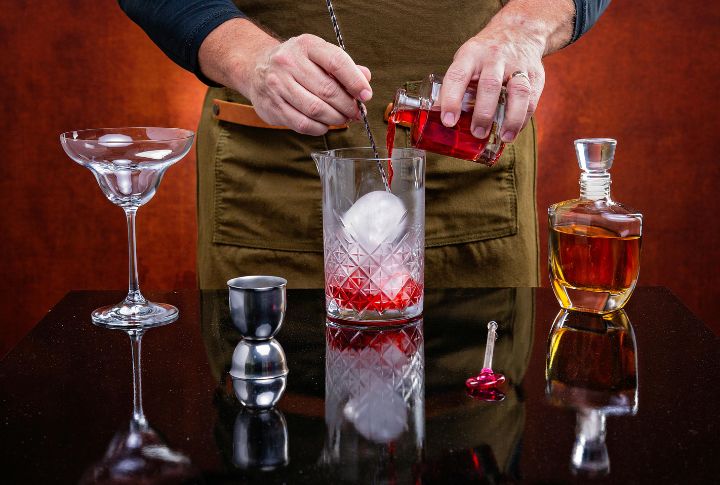
It’s not what you merge but how much you drink that determines how intoxicated you get. Combining drinks might upset your stomach, thanks to congeners in different types of alcohol, but it doesn’t raise your blood alcohol level which factors into how much you’re drunk. The myth is all in the mix-up.
Beer Before Liquor Prevents Sickness

The order of drinks has no bearing on how sick you’ll feel. It’s the total amount of alcohol consumed that makes the difference. Pacing yourself and staying hydrated matter far more than catchy sayings like “Beer before liquor, never been sicker” about how to structure your night.
Coffee Sobers You Up
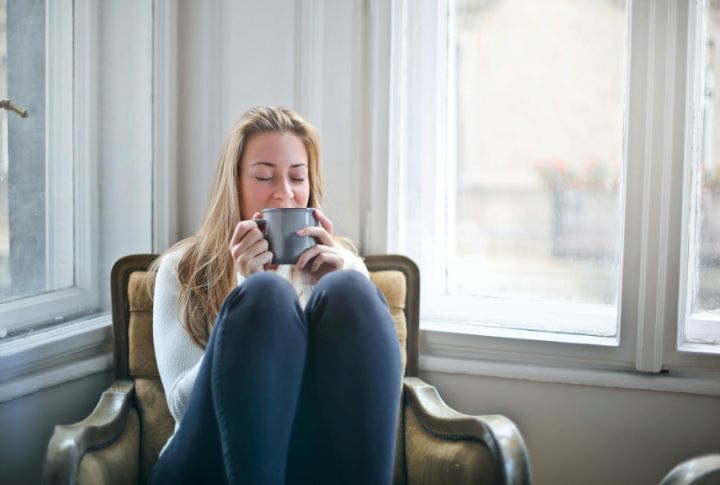
A strong cup of coffee might make you feel more awake, but it won’t speed up how your body processes alcohol. Your body needs time to metabolize the drink, and caffeine just masks how drunk you really are. Don’t let it give you false confidence about getting behind the wheel.
Alcohol Is a Stimulant
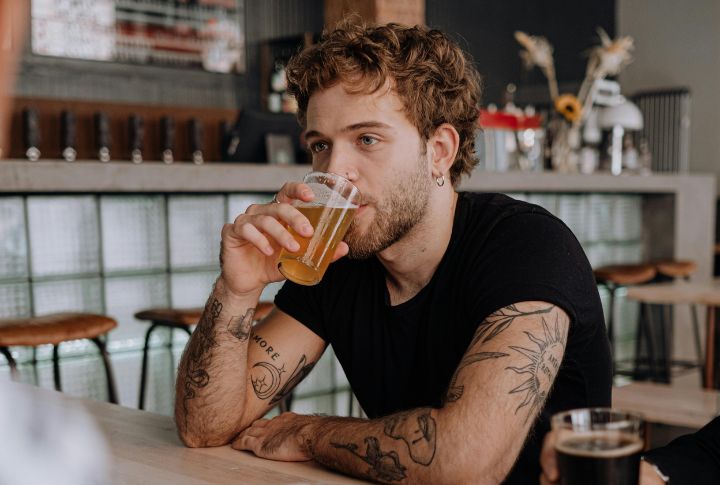
That initial buzz feels energizing, but it is actually a depressant. It slows your central nervous system, dulling reaction time and judgment. The excitement comes from lowered inhibitions, not from being “stimulated,” so don’t let the early effects fool you.
Dark Drinks Are Healthier
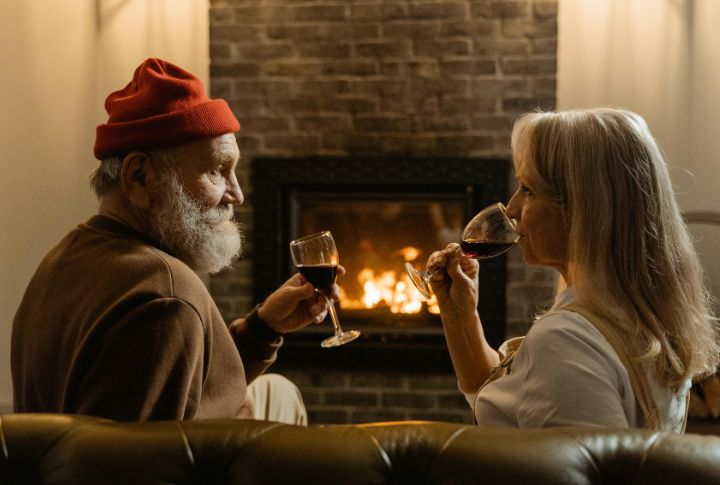
While red wine or whiskey might contain antioxidants, they’re also packed with congeners that worsen hangovers. The idea that darker drinks are “healthier” overlooks the risks of alcohol altogether. Regardless of the drink’s color, moderation is the only true path to healthier choices.
A Drink Before Bed Helps You Sleep
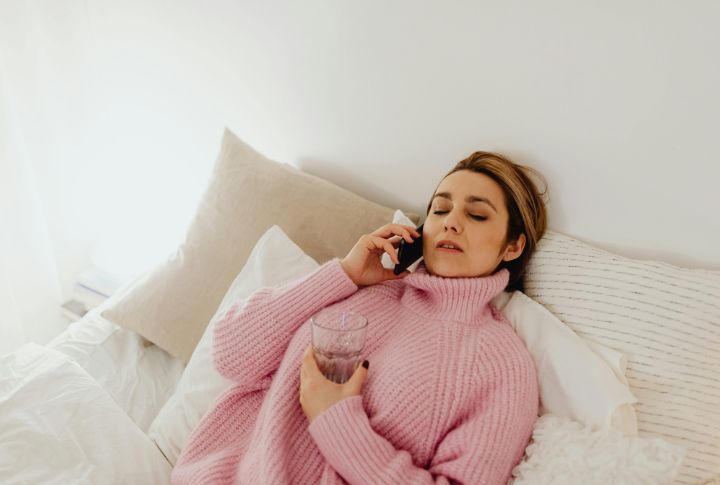
What seems like a shortcut to rest can ruin your sleep quality. Alcohol cuts into your REM(Rapid Eye Movement) sleep, leaving you groggy and unrested. Over time, relying on it to sleep can lead to insomnia and even worse sleep quality overall.
Moderate Drinking Is Good for Your Heart
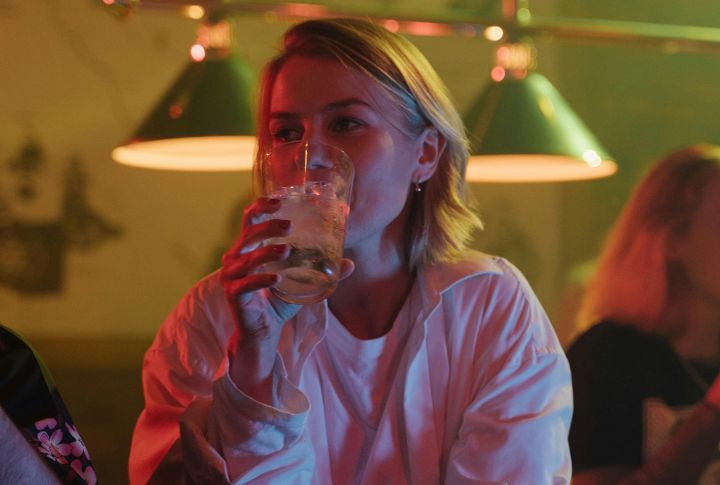
This one’s a classic regulars always say. Truth is, the belief that light drinking protects your heart has lost support in recent years. While studies once pointed to benefits, risks like cancer and liver damage outweigh the potential perks. The health boost likely comes from other healthy habits, not alcohol.
Hangovers Are Caused by Switching Drinks
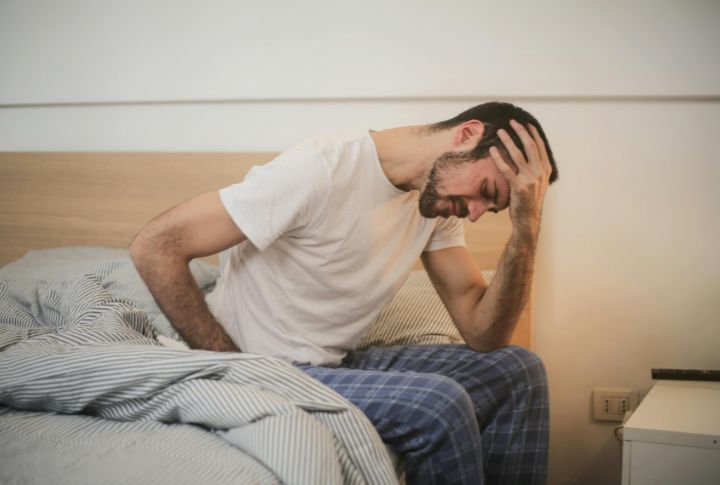
Switching from beer to cocktails or wine doesn’t cause a hangover—it’s dehydration, toxins, and drinking too much that does. The confusion might come from stronger flavors or mixed drinks, but your body only reacts to the quantity of alcohol consumed rather than the quality.
You Can’t Be an Alcoholic If You Only Drink Beer
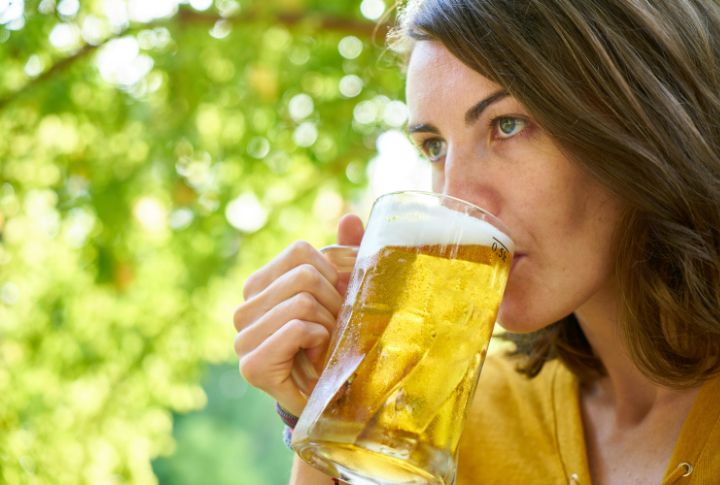
Addiction doesn’t care about the type of alcohol. Beer might have fewer drinks per serving than liquor, but drinking too much too often can still lead to dependency. It’s not about what you drink—it’s about how much control you have over your consumption.
